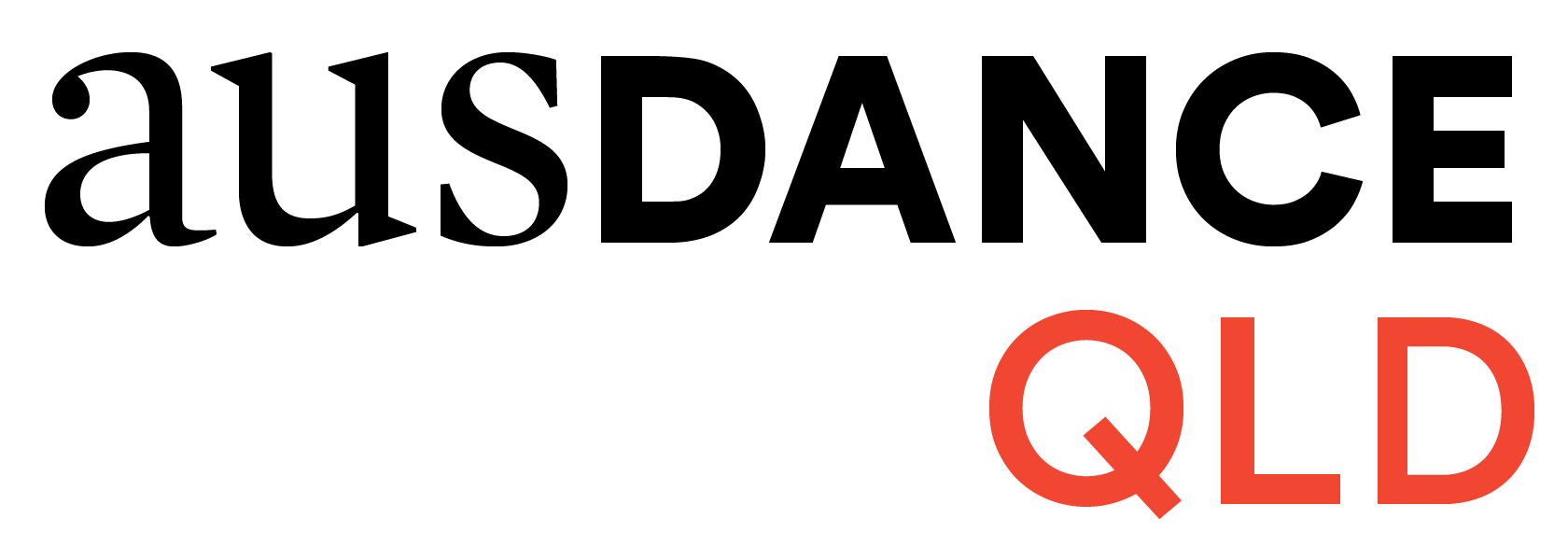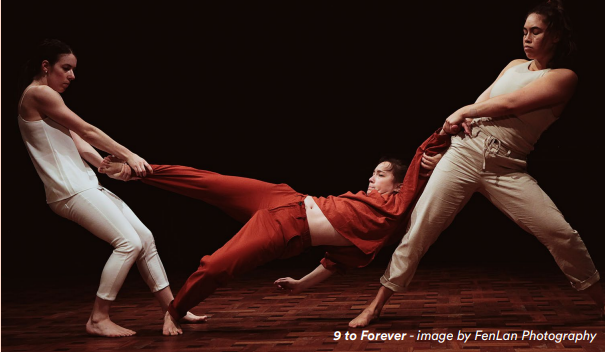IN|FORM | Touring is Fundamental
Contributed by Jacob Watton, Independent Dance Artist
My name is Jacob Watton. Recently myself, producer Jade Ellis and dancers, Danika Sayce, and Nadia Milford, presented two of my choreographic works at the Busan International Dance Festival in South Korea. This is the first time my works have been presented outside Australia, so naturally we were very excited to be invited. The stage was on a beach, and the performances were well attended by a generous audience.
From conversations with some of the other companies that presented at the festival, I came to understand that our project had been given a long lead time from approval to boarding the plane. We had six weeks. Many other companies gave the allusion to much less time. In our six weeks we spoke to 20 funding organisations, many redirecting us to funding rounds that ended well before we had received our confirmation from the Festival.
To be transparent, this tour was funded internally by the team after not successfully finding any avenues to seek support. We did find an incredible sponsor in Mad Dance House who supported the rehearsal/remounting. For this however, the team worked unpaid.
I realise that six weeks is a tight turn around in anyone’s book, however, many (if not most) of the other acts presenting at the Festival where attached to some form of funding. The Festival wrote that this was usually the situation for international tours. My question; if we had no avenues to explore within a six-week lead time, how did other companies secure support in less lead time? I suppose the answer may be an existing relationship with funders, uninhibited by moderating timelines, or working in a different funding system setup to support the exporting of art to the international market.
If this lead time, alongside the expectation of support from other avenues, is the norm for international festivals; what reflexivity do funding bodies in Australia have, to support international touring opportunities? I think this topic is particularly important when we recognise the role and legacy that successful international touring has played in developing dance careers in Australia. For many of Australia’s leading artists, touring has played a fundamental role in forging their credibility in the competitive Australian arts market.
I make work in a context where, as an emerging independent, sometimes I have no choice but to exploit my team (their time, their artistry, their money). This is what I did to make this tour happen as I found no avenue to avoid it. I think it’s important to highlight though: We were not unsuccessful in our application. There was simply nothing to apply for.
When a career-making opportunity shows its face, what reflexivity does funding in Australia have, to support these opportunities? Resoundingly, for our circumstance and timeline, we found none.
Regardless, we had by all accounts a very successful first tour at the Busan International Dance Festival. I’m excited to keep moving towards international touring, as I recognise the role it plays in the Australian cultural context. I wish that funding bodies could also acknowledge and address, the important role international touring plays in interaction with our own market.

